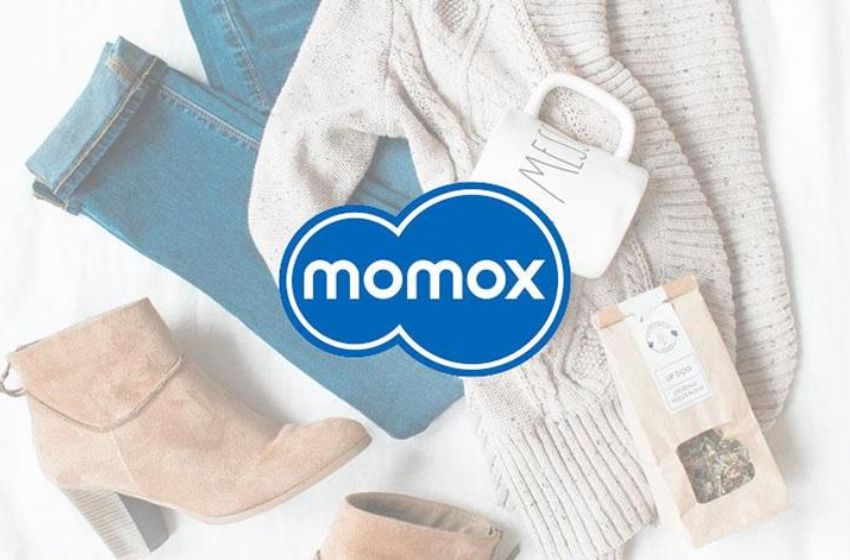When selecting a diamond, consider your budget as well as your own personal style and preference. Do you prefer an old-fashioned look? Or perhaps something more contemporary? Be sure to take into account any future resale value when making your decision as certain cuts may lose their value faster than others. You should also check whether or not a certificate of authenticity comes with your purchase as this will help verify its quality and provide proof of ownership if required later on down the line.
What are the benefits of diamonds?
There are many benefits that come along with owning diamonds. For starters, diamonds are one of the hardest materials on Earth, which means they are extremely durable and can withstand a lot of wear and tear. This makes them ideal for use in jewelry and other accessories. Additionally, diamonds are very beautiful and have a high value, which makes them perfect for those who want to make a statement or show off their wealth.
Other benefits of diamonds include the fact that they are a great investment, as their value tends to increase over time. They also have the potential to become heirlooms and be passed down through generations. Diamonds also make excellent gifts for special occasions, such as anniversaries or birthdays. Lastly, diamonds can symbolize love and commitment, making them perfect for engagement rings and other romantic gestures.
How to identify a good quality diamond?
When it comes to diamonds, quality is everything. Here are a few tips on how to identify a good quality diamond:
-The first thing you should look at is the cut of the diamond. A well-cut diamond will have a nice, even shape and symmetry. It should also be free of any blemishes or inclusions.
-Next, take a look at the color of the diamond. A good quality diamond will be white or near-white in color.
-Finally, evaluate the clarity of the diamond. A good quality diamond will be free of any blemishes or inclusions and have excellent clarity.
What is the difference between lab created and natural diamonds?
When shopping for diamonds, you may come across the terms “lab created” or “natural.” But what exactly is the difference between these two types of diamonds?
Natural diamonds are formed over millions of years deep within the Earth’s crust. They are brought to the surface through volcanic eruptions and then mined. Lab created diamonds, on the other hand, are man-made in a laboratory. Although they have the same chemical composition as natural diamonds, they are not formed in the same way.
So, what does this mean for you? When shopping for diamonds, you will want to keep in mind the 4 Cs: Cut, Clarity, Color, and Carat weight. However, there is one more important factor to consider – whether you want a natural or lab created diamond. Each has its own benefits and drawbacks that you will want to weigh before making your final decision.
Where can I buy diamonds?
There are a few different ways that you can purchase diamonds. The most common method is through a jewelry store. However, there are also online retailers and specialty stores that sell diamonds. It is important to do your research before purchasing diamonds from any retailer to ensure that you are getting a quality product.
When looking for a reputable retailer to purchase diamonds from, it is important to consider their experience, expertise, and selection. Make sure to read reviews and compare prices before making your final decision. Once you have found a trusted source, you can be confident in your purchase knowing that you are getting a beautiful and valuable diamond.
Common myths about diamonds
When it comes to buying diamonds, there are a lot of myths and misconceptions out there. Here are some of the most common myths about diamonds:
1. Diamonds are only for rich people.
2. Diamonds are a girl's best friend.
3. Diamonds are forever.
4. Bigger is better when it comes to diamonds.
5. All diamonds are the same.
6. Diamonds are indestructible.
7. Diamonds are rare and valuable because they're so difficult to find and mine.
8. Synthetic diamonds aren't real diamonds.



